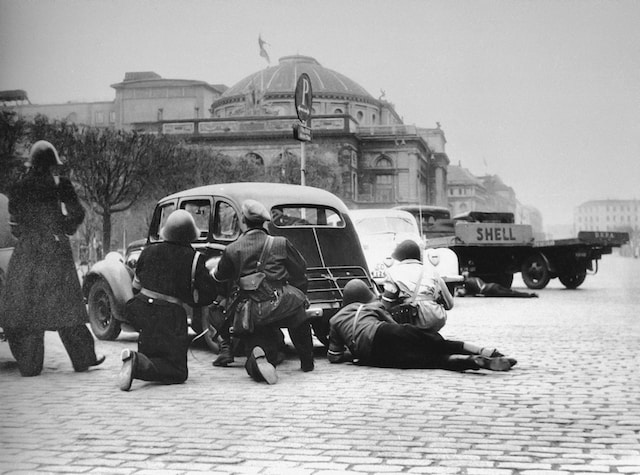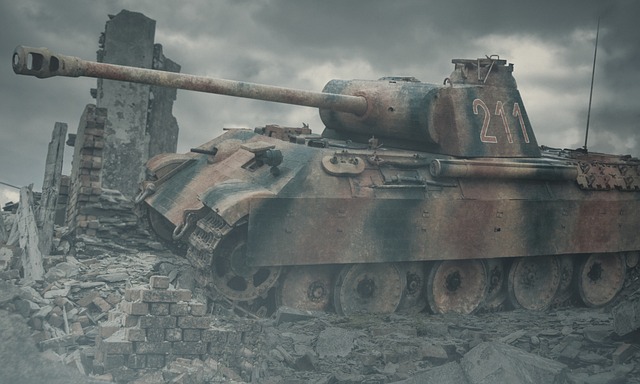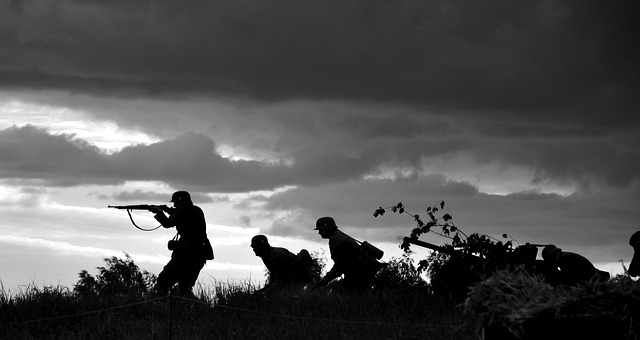World War II remains one of the most destructive and significant events in human history. In this war, each side developed and employed a variety of strategies and tactics to gain an advantage. However, one of the little-known but highly effective elements of the Nazi Germany war machine were the Lancers. These elite warriors performed a number of critical tasks, including reconnaissance, raiding operations, and creating havoc behind enemy lines. In this article, we will examine the role of lancers in World War II in more detail.
The formation of the lancers:
The Lancers, or “Lancersturm”, were formed in the early 1940s in the Wehrmacht when it was realized that there was a need to have specialized units for raiding operations and reconnaissance. They were so named because of their special equipment, which included long bayonets resembling lancers.
Reconnaissance and Information Warfare:
One of the key roles of the lancers was reconnaissance. They penetrated deep behind enemy lines, gathering information on enemy troops, plans, and positions. This information was invaluable to the German high command, allowing them to make better informed decisions and plan operations.
Raid Operations:
Lancers were also active participants in raid operations. They attacked important targets such as communications, ammunition depots, and airfields behind enemy lines. These raids created chaos and disorganization, damaging the enemy war machine.
Effects on enemy psychology:
The Lancers were known for their brutality and inhumanity in combat. This created psychological pressure on the enemies, causing them to fear and panic. Enemy soldiers, knowing the presence of Lancers in the area, tried to avoid close skirmishes with them.
Important operations of the Lancers:
Operation Barbarossa, the offensive against the Soviet Union in 1941, was one of the most famous operations in which the Lancers participated. They successfully penetrated deep into Soviet territory and conducted reconnaissance and attacks on important targets at the back of enemy lines. This operation was one of the first chapters of the Eastern Front.
Legacy of the Lancers:
As the end of World War II approached and Germany was defeated, the Lancers were dispelled and their unit ceased to exist. But their impact on military tactics and strategy remained important. The experience of the Lancers was used in subsequent conflicts, and some of their techniques were incorporated into the training programs of special forces of various countries.
Conclusion:
The World War II Lancers remain an interesting historical grouping that played an important role in Wehrmacht tactics. Their ability to reconnoiter and attack deep into enemy territory, creating chaos and panic, made them some of the most feared soldiers on the front. Despite their short history, the Lancers have left an indelible mark on military history and remain an interesting object of study and admiration.


